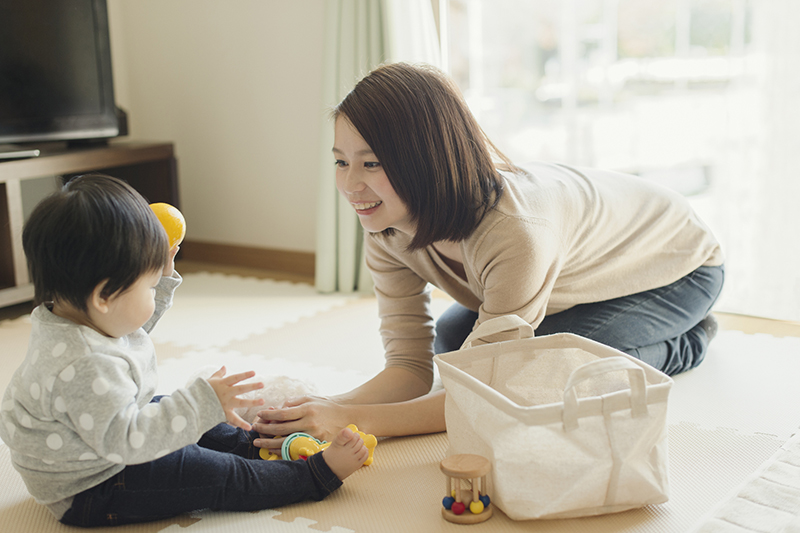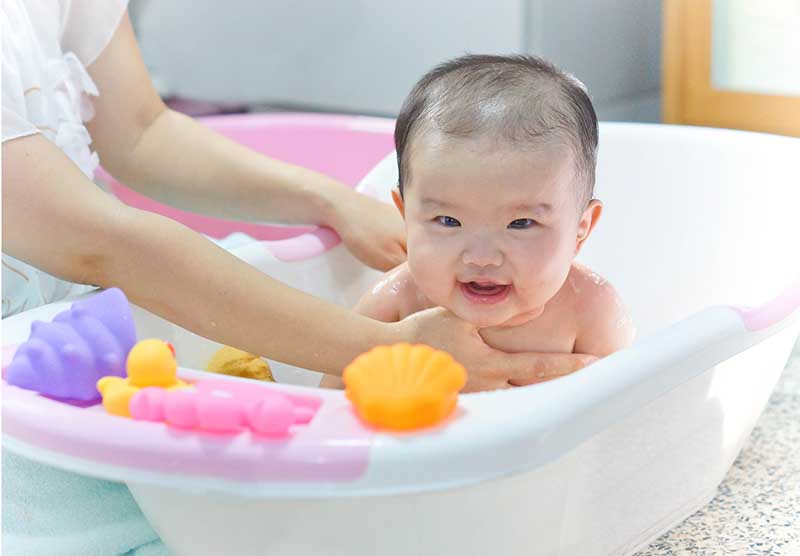Families For Life | Talking: Toddlers

As a toddler, your child is starting to master language. You can encourage toddler talking skills with everyday play ideas – listening to your child, chatting together, singing and telling stories.
About toddler talking
Your toddler’s language will start to ‘explode’ soon.
This doesn’t happen out of the blue. Your child has actually been building on all the words, sounds and back-and-forth interactions he has experienced since birth.
You can keep encouraging toddler talking by singing, saying nursery rhymes, talking, reading and telling stories.
What to expect: toddler talking
Your toddler will probably start to:
speak in correct sentences from 24-30 months
be understood more by strangers from 26-36 months
use pronouns (I, you, me, we, they) and some plurals from 26-36 months
understand most of what adults say by about three years.
By her second birthday, your toddler will probably delight in naming everyday things, like ‘doggie’ and ‘drink’. She’ll also be able to understand and follow a simple request, like ‘Bring me your book’ or ‘Wave bye-bye’.
By the age of three, your child will probably move on to simple sentences, like ‘Where doggie gone?’ By now strangers will probably be able to understand most of what he says, even though he’ll still struggle to express some words clearly.
It can be frustrating for toddlers – they can have so much to tell you but can’t quite get the words out. If you give your toddler time, she’ll get there eventually, with some confusing and hilarious misunderstandings along the way. Trying and making mistakes are important parts of learning.
Toddlers respond best to encouragement and interest, rather than correction, so try to avoid correcting your toddler’s mistakes too often.
Learning to talk is a complex skill. When you’re helping your child express himself, try to focus on having fun together, rather than seeing it as just a teaching opportunity.
Play ideas to encourage toddler talking
The more words you expose your child to, the more words she’ll learn. Here are some play ideas to encourage toddler talking:
Talk together about anything that comes into your head, or explain what you’re doing, even if it’s boring – for example, ‘Daddy’s vacuuming the carpet to get rid of all the dust that can make you sneeze’.
Recite nursery rhymes and sing songs. Play rhymes, stories and songs in the car.
Copy your child’s attempts at words to encourage two-way conversation. Also expand on basic words – for example, when your toddler says ‘train’, you can say, ‘Yes, it’s a big red train’.
When your child is ‘talking’, show that you’re listening by smiling and looking at him. Also praise your child’s efforts to talk.
Leave time after you talk to give your child a chance to reply, even if she doesn’t have the right words to do so. This helps children learn about conversation.
Point to and name body parts, or make it into a game – for example, ‘Where is your mouth?’.
Screen time and toddler talking
Screen time is the time you spend watching TV or DVDs, using the computer, playing video or hand-held computer games, and using a tablet or mobile phone.
Long periods of screen time have been associated with a range of health issues in toddlers and preschoolers, as well as the slower development of language skills, short-term memory and poorer social skills.
So at this young age, it’s important to limit your child’s daily screen time. Television isn’t recommended for children under two years. For children aged 2-5 years, screen time should be limited to less than one hour per day.
Concerns about toddler talking
It might be a good idea to see a health professional for advice if at 18 months your toddler isn’t babbling often, isn’t using meaningful words or doesn’t seem to listen when others are talking.
You might also want to see a child health professional or talk to your child’s caregiver or early childhood educator if you can’t understand your child’s speech by the time he’s three, or if he still isn’t speaking much by then.
© raisingchildren.net.au, translated and adapted with permission
Explore more

DID YOU KNOW?
Bath time is a good way to soothe your baby but it can also be a fantastic learning opportunity for your child. Learn how you can engage him during bath time.
READ MORE